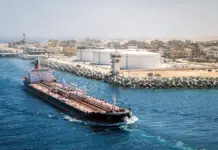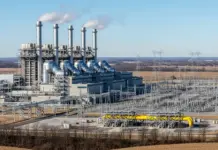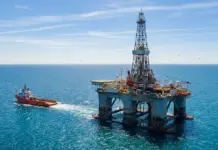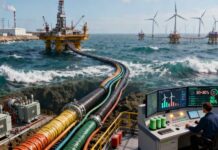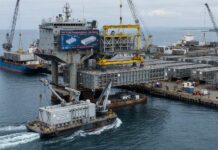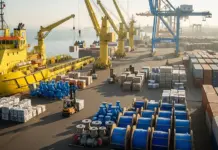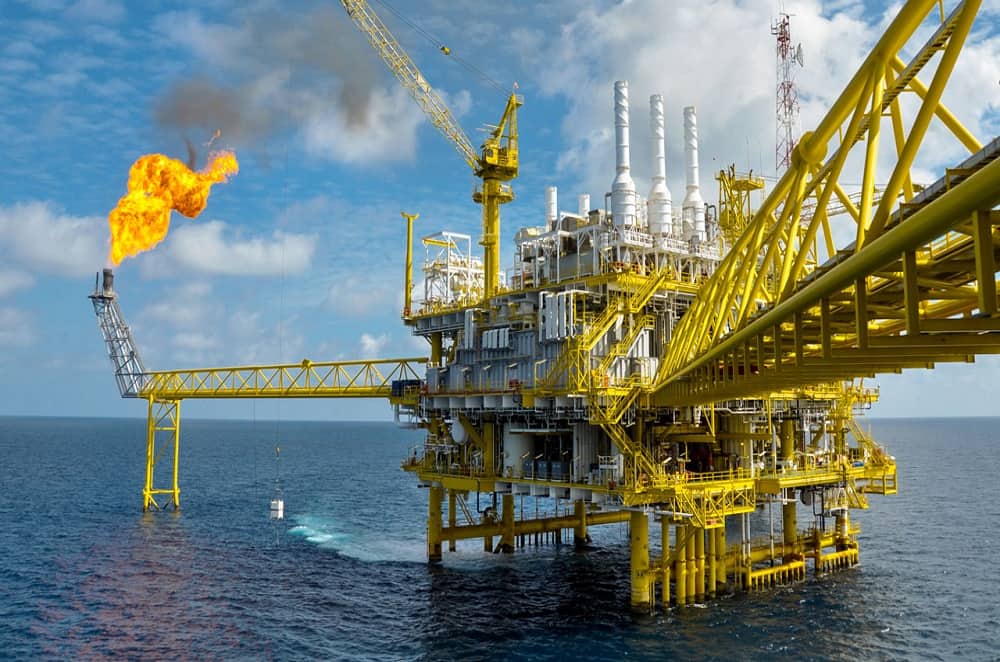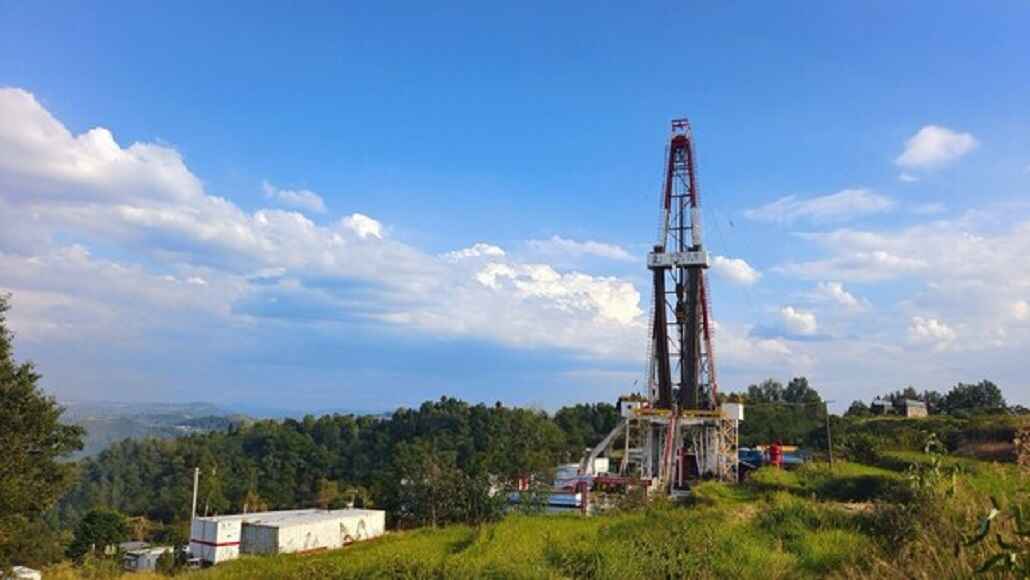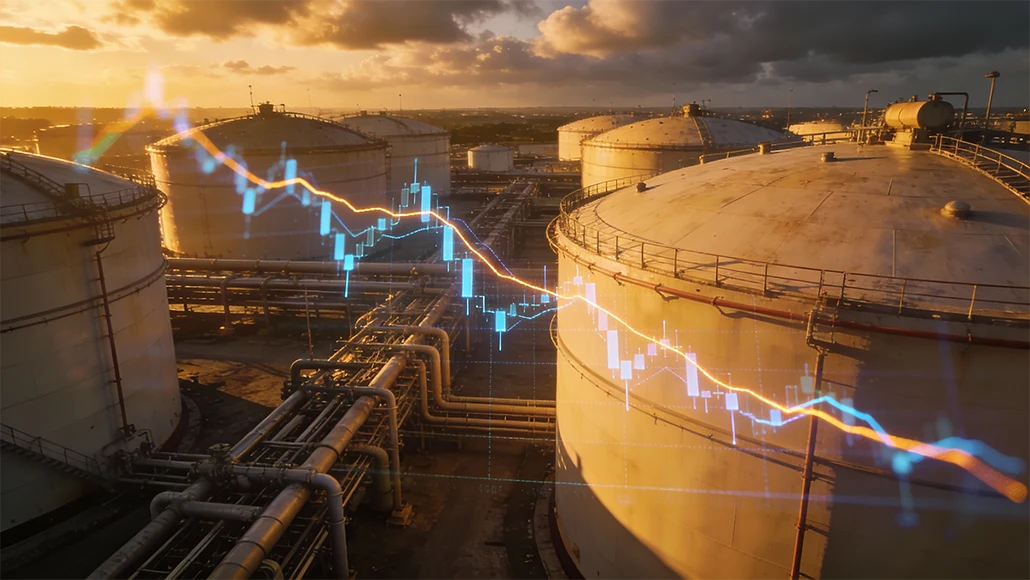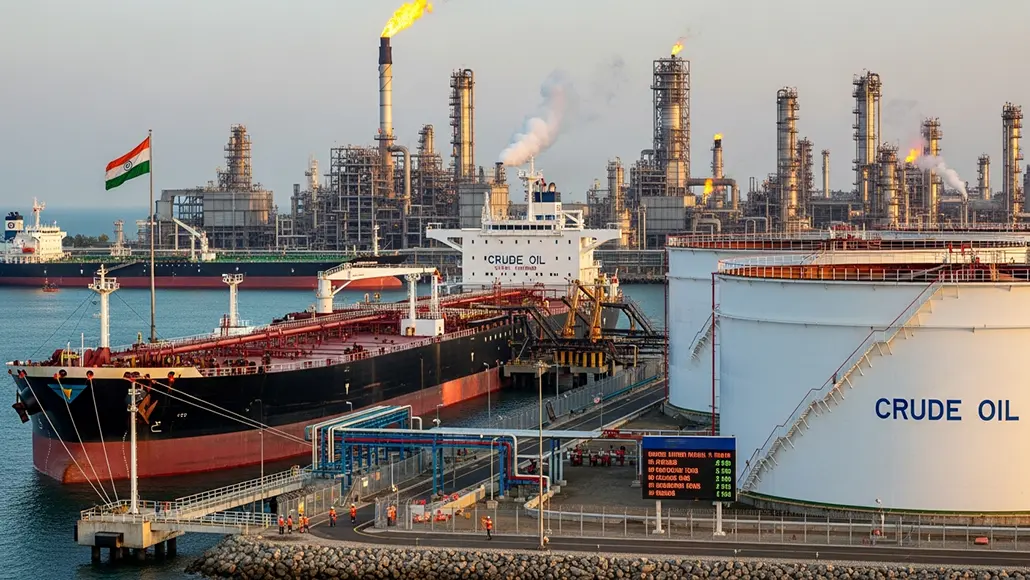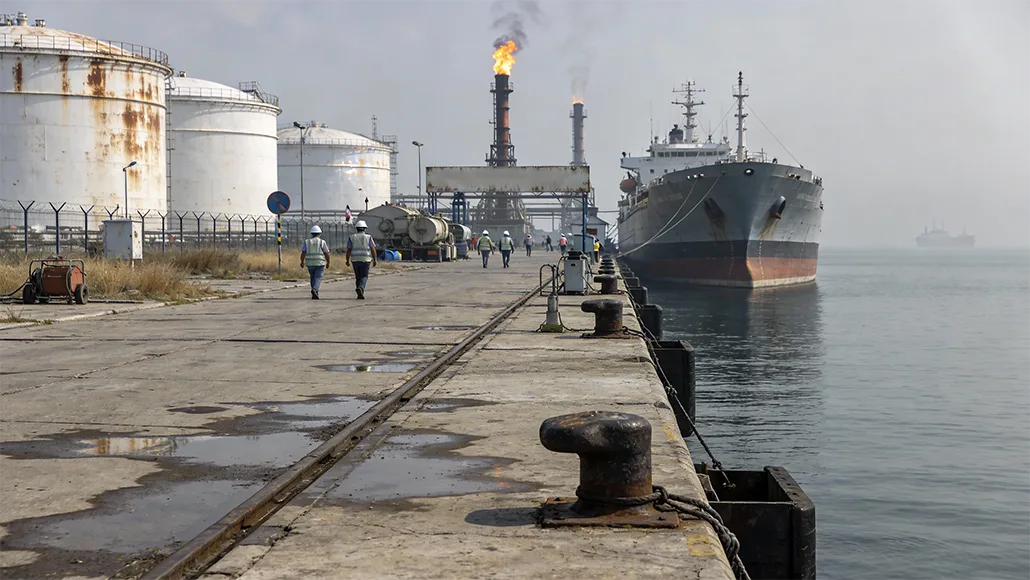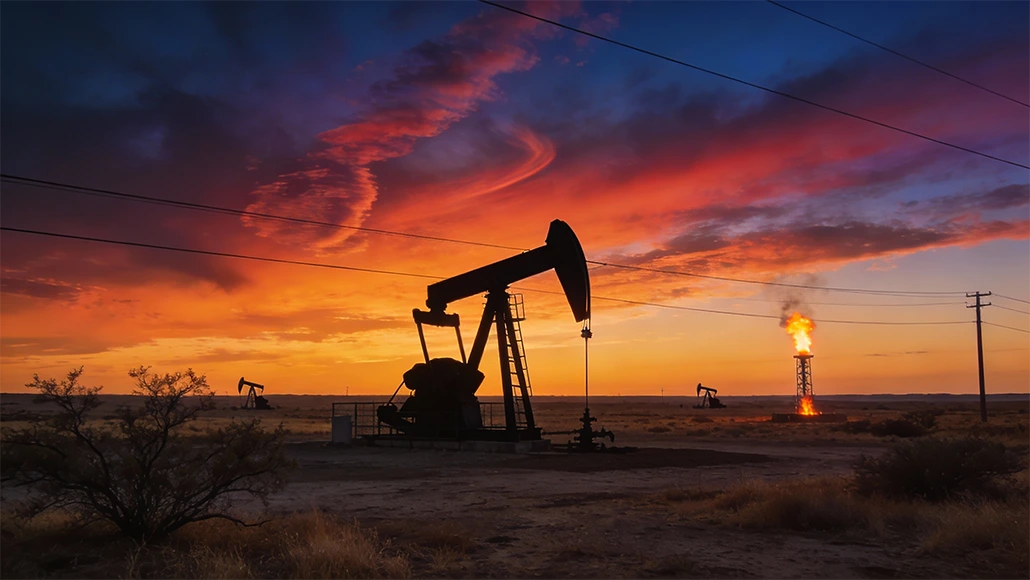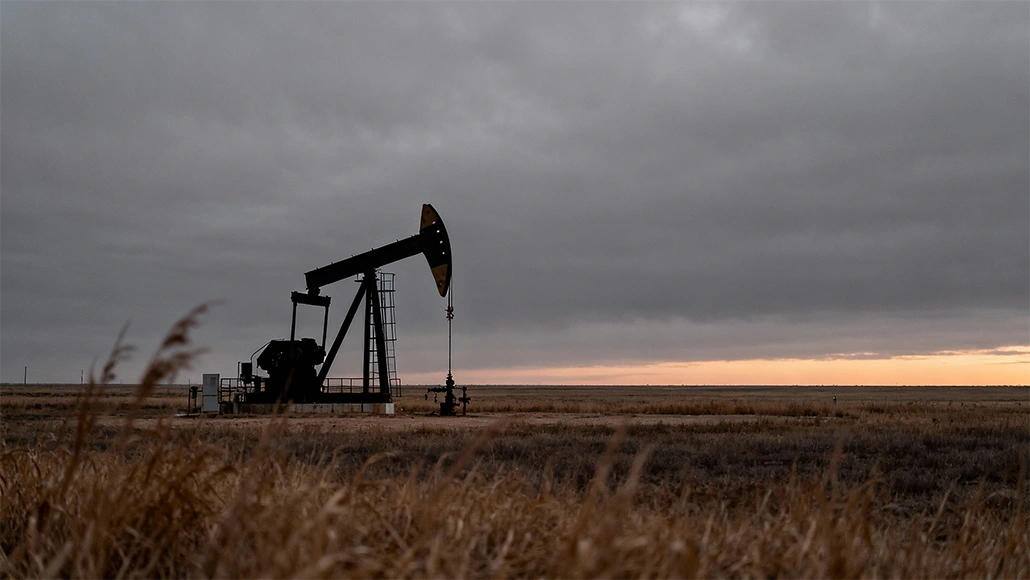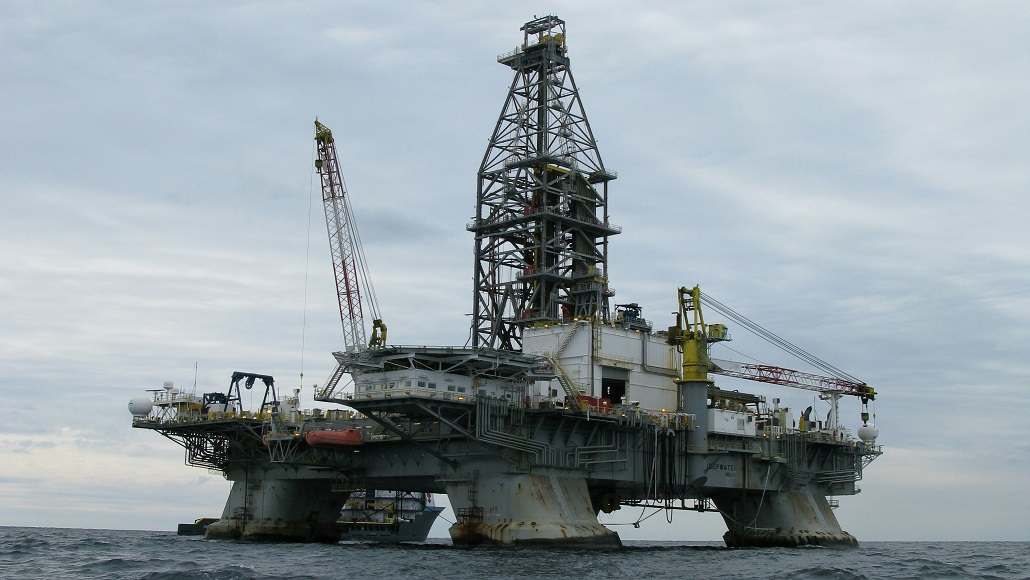In a recent move, Germany has gone ahead and given the green signal for drilling almost 13 billion m³ of natural gas at one of the North Sea protected marine zone. This is seen as a very controversial step in order to build energy security.
Apparently, the German cabinet has approved a bilateral agreement along with the Netherlands pertaining to hydrocarbon deposits off the island of Borkum, as per a statement from Katherine Reiche, who happens to be the German economy minister.
It is well to be noted that Explorer One-Dyas BV had already gotten approval from local authorities in 2024. However, the predecessor of Reich, Robert Habeck, who is a green politician, had been elongating national approval because of environmental considerations.
Notably, the agreement between the two countries also goes on to clarify gas volumes along with tax payments, which was indeed a prerequisite for the activities since the company requires drilling horizontally right from the Dutch platform into the German territory. This kind of approval not just strengthens security of supply when it comes to neighbors, but at the same time, it also strengthens the European gas market and hence even Germans, said Reich in a statement.
Interestingly, Germany was hit really hard due to the energy crisis that followed the Russia-Ukraine war and had to wean itself off the piped gas coming from Moscow. It now happens to get most of its supplies from Norway as well as global liquefied natural gas markets. Earlier, the government went ahead and lowered the gas supply warning level of the nation, arguing that the overall supply security had gone to improve.
It is well to be noted that the coalition of conservative chancellor Friedrich Merz has gone on to pledge to tap domestic gas reserves, even as it also pledges to stick to the 2045 climate neutrality objectives.
Seen as a step in order to decrease the carbon emissions, One-Dyas has pledged to make use of power coming from the German offshore wind park, said the economy ministry. The company looks forward to seizing its operations as soon as the natural gas demand across both countries stops, and hence the project will not contradict the objective of climate utility.
It is well to be noted that One-Dyas began its operational test phase in March 2025 and anticipates being able to pump an amount that is equivalent to almost 15% of the gas consumption of Germany in 2024. The state of Lower Saxony Still has to go ahead and decide on the business operations of One-Dyas; however, it is a procedural step, as its mining authority has already given a nod to the drilling in August 2024.
As for the drilling site, it happens to be in the Wadden Sea, which is the North Sea protected marine zone and is a UNESCO World Heritage Site, and there are activists who fear that the project may as well harm the marine ecology.
According to the chief executive officer of Environmental Action Germany, which is an NGO, Sascha Muller-Kraenner, more industrialization can have a devastating effect when it comes to biodiversity in the North Sea.


